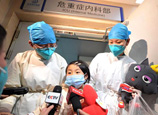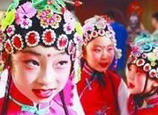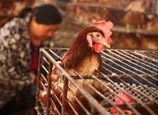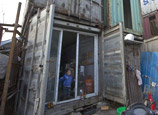
In the first quarter, automobile sales fell by 4.6 percentage points, with gasoline and related products down 11.7 percentage points from a year ago.
But ongoing industrialization and urbanization will unleash tremendous potential for investment and consumption, according to Sheng.
He said the residential consumption structure is shifting from survival-based spending to enjoyment-based spending, with rapid growth in sectors including real estate, automobiles, education and tourism.
Zhao Ping, deputy director of the department of consumer economics at the Chinese Academy of International Trade and Economic Cooperation under the Ministry of Commerce, said that due to less than expected income growth and a slow economic recovery, it would take time for consumer confidence to pick up.
The lack of clear and major policy stimulus to boost consumption is also contributing to the slow growth in retail sales, she said.
For the upcoming three quarters, the government ban on spending at high-end restaurants, and on consumption of tobacco and alcohol, will continue to affect retail sales in relevant sectors, said Tang.
He estimates that after the second quarter, the negative impact of declining growth in high-end consumption on total consumption will weaken.
But growth in retail spending in 2013 might be slightly lower than that for last year, he said.

















 Death toll rises to 14 in central China hotel fire
Death toll rises to 14 in central China hotel fire


![]()
